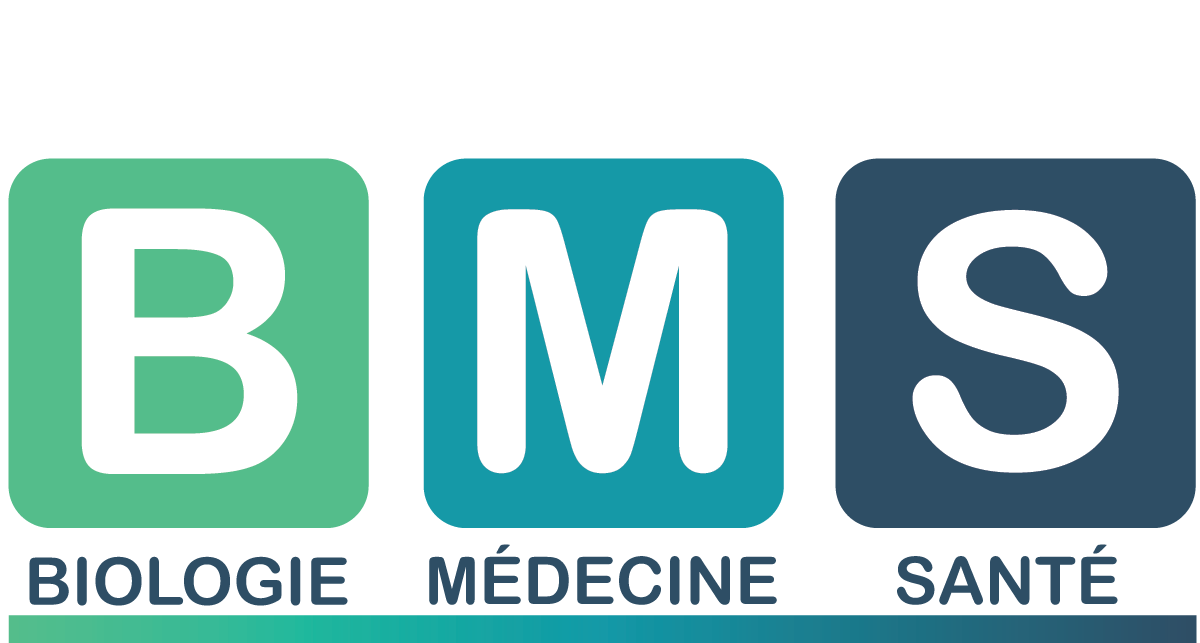The laboratory’s teams welcome PhD students (3 years), Master 2 (6 months) and Master 1 (8 weeks) students from the Recherche en Biologie-Santé (RBS), Biotechnologie – Ingénierie Moléculaire (BTECH-IM) and RNA and Enzymes Sciences (RNA-ES) masters programs.
The laboratory also welcomes trainees from Bachelor 3 Sciences du Vivant (SV, 3 weeks) and BUT Génie Biologique parcours Biologie Médicale Biotechnologie.
At a national level, the laboratory’s preofessors and researchers contribute to training courses in integrative structural biology (ReNaFoBis) and at a European level to an Epitranscriptomics course as part of the COST Epitran program.
The Master’s in Life Sciences (Master Sciences du Vivant) at the Faculty of Science and Technology (FST) allows you to deepen your understanding of living systems. The courses focus on the comprehension of biological systems at various levels—from the molecular and cellular scales to the entire organism (including cell engineering, molecular engineering, enzymes, neuroscience, animal physiology, etc.).
The program is structured to provide both theoretical knowledge and practical skills, complemented by career-oriented courses (such as management and biotechnology, problem-based learning, industrial projects, etc.).
The Master’s in Life Sciences prepares students for careers in research (e.g., CNRS, INSERM) or in R&D departments of companies in the biotechnology and pharmaceutical sectors. After completing this training, you may qualify for positions such as research engineer, technical manager, or project manager, or pursue a PhD for a career in research or academia.
1 year Master’s in Life Sciences (Master 1 Sciences du Vivant)
During semesters 7 and 8 (M1) of the Master’s in Life Sciences, you can choose between two core curricula (approximately 550 hours of instruction), one of which is:”
Biochemistry, Molecular Biology and Cellular Regulation (Parcours Biochimie, Biologie Moléculaire et Régulations Cellulaires)
The Biochemistry, Molecular Biology and Cellular Regulation course (Parcours Biochimie, Biologie Moléculaire et Régulations Cellulaires) leads to the following specialized second-year Master programs: Research in Biology and Health, Biotechnologies – Molecular Engineering, or RNA & Enzymes Sciences.
M1 coordinator: Mathieu Rederstorff (mathieu.rederstorff@univ-lorraine.fr)
2 year Master’s in Life Sciences (Master 2 Sciences du Vivant)
IMoPA’s teacher-researchers are involved in 3 standard courses, one of which is taught entirely in English within the Life Sciences Master’s program.
Molecular Engineering (Ingénierie moléculaire)
The Molecular Engineering (Ingénierie moléculaire) course in the Life Sciences Master’s program includes courses on :
- biotechnological innovation,
- 100 hours of practical work,
- synthetic biology,
- chemical biology and proteins,
- etc.
This training prepares you for the following jobs Technical executive in industry or research engineer in academic laboratories, upon graduation.
It also prepares you for a PhD, if you wish to become a teacher-researcher or researcher.
Coordinators : Arnaud Gruez (arnaud.gruez@univ-lorraine.fr) and Kira Weissman (kira.weissman@univ-lorraine.fr)
Research in Biology and Health (Recherche en biologie santé)
The Research in Biology and Health (Recherche en biologie santé) course in the Life Sciences Master’s program teaches you :
- the cellular and molecular mechanisms involved in certain pathologies (inflammation, metabolic or cardiovascular diseases, osteoarthritis, cancers),
- the resulting new therapeutic strategies.
This training can lead to careers such as :
Research engineer.
Researcher (public research organizations or R&D project manager in the private sector)
University lecturer/researcher
Coordinators : Stéphanie Grandemange (stephanie.grandemange@univ-lorraine.fr) and Stéphane Labiale (stephane.labialle@univ-lorraine.fr)
RNA & enzymes sciences
The RNA & enzymes sciences course is entirely taught in English.
You will develop a strong expertise in the field of molecular and cellular biology of RNA and enzymology.
This training is resolutely oriented towards research, and trains you for the professions of associate professor or researcher after a PhD thesis, but also of research engineer, in the public or private sector (R&D), or even the profession of clinical research associate.
Responsable : Mathieu Rederstorff (mathieu.rederstorff@univ-lorraine.fr) et Sandrine Boschi-Muller (sandrine.boschi@univ-lorraine.fr)
Life Sciences Bachelor’s degree (Licence Sciences de la vie)
The Life Sciences Bachelor’s degree is based on a combination of disciplinary and cross-disciplinary courses. The aim is to understand how living organisms function.
With this training, you will acquire fundamental concepts in :
- molecular biology,
- biochemistry
- genetics
- microbiology,
- cell biology
- plant/animal physiology,
- ecology.
The Bachelor’s degree in Life Sciences prepares you for further study in a Master’s program, or even a doctorate (BAC+8).






